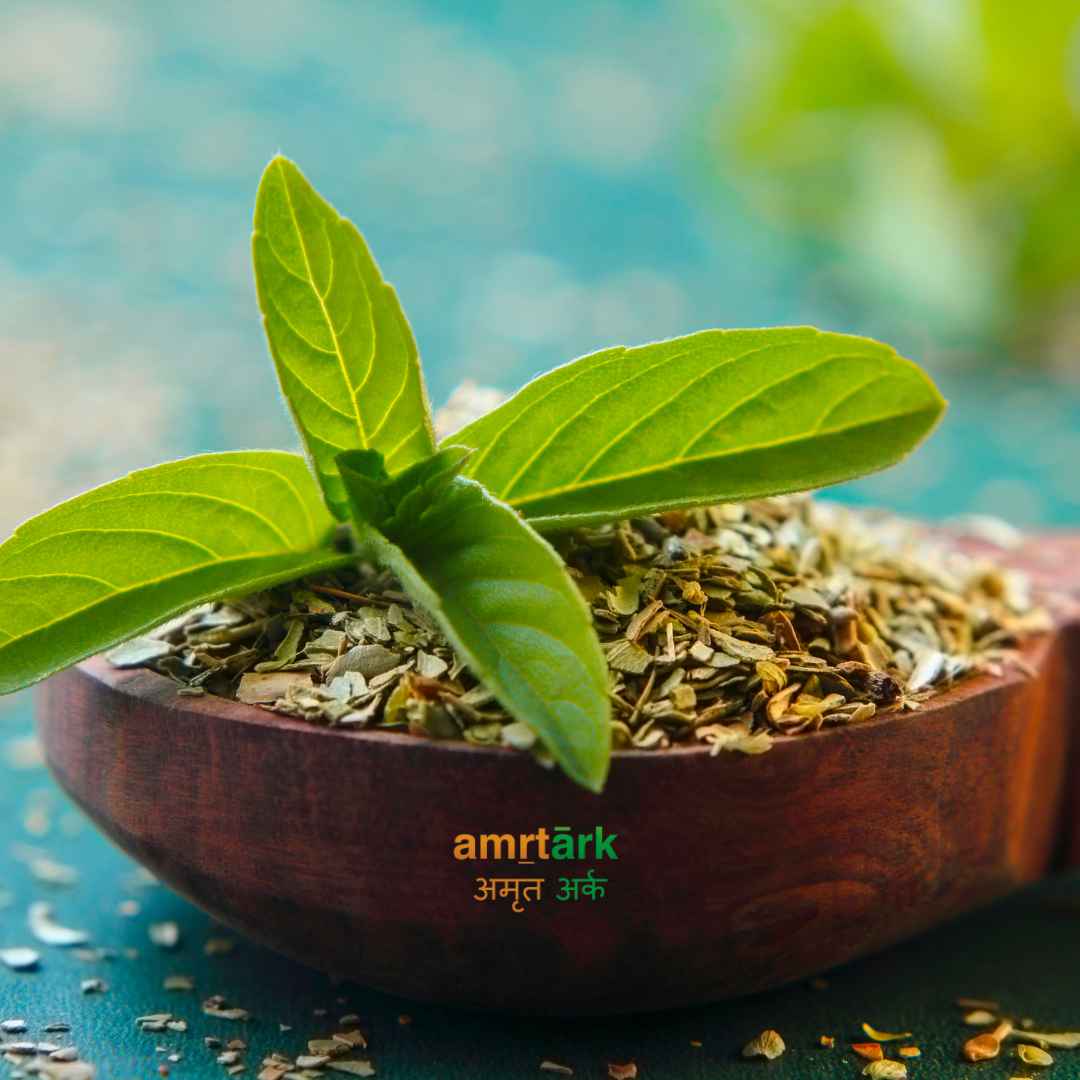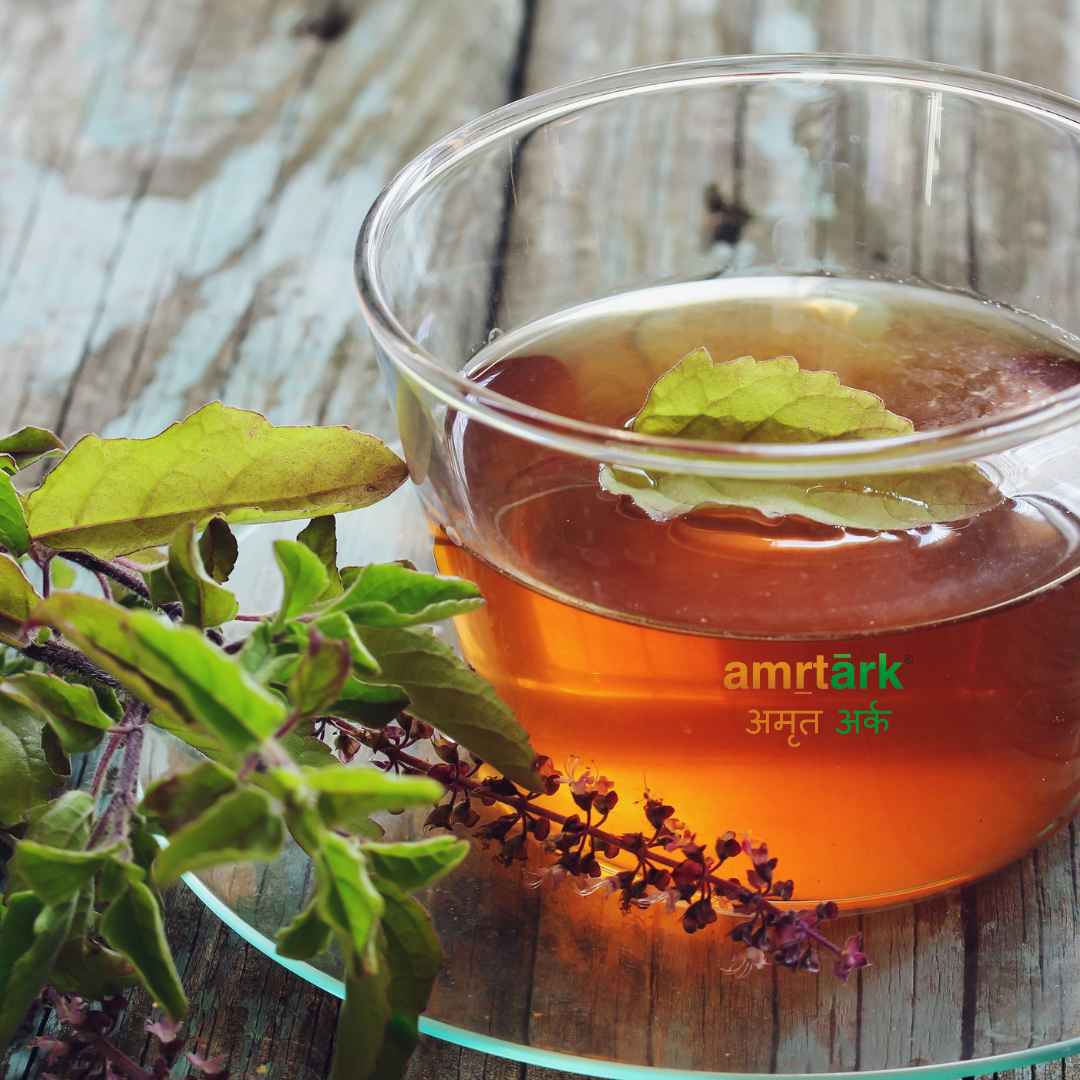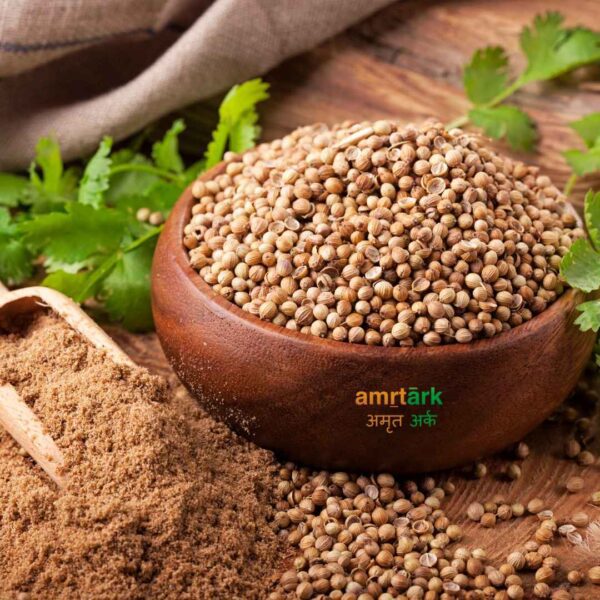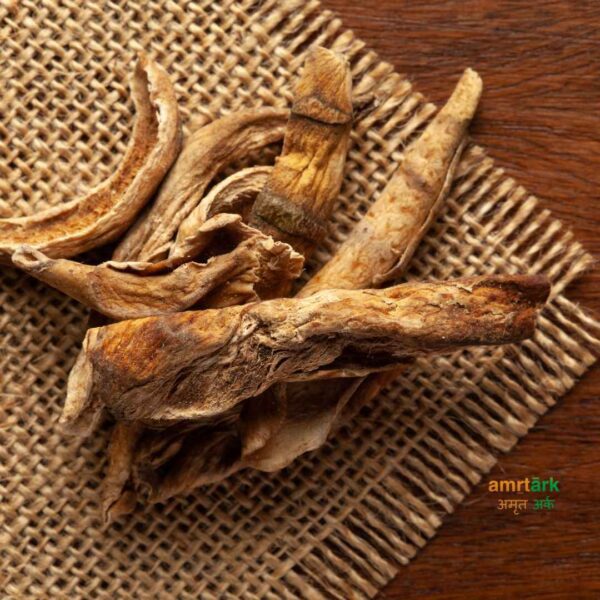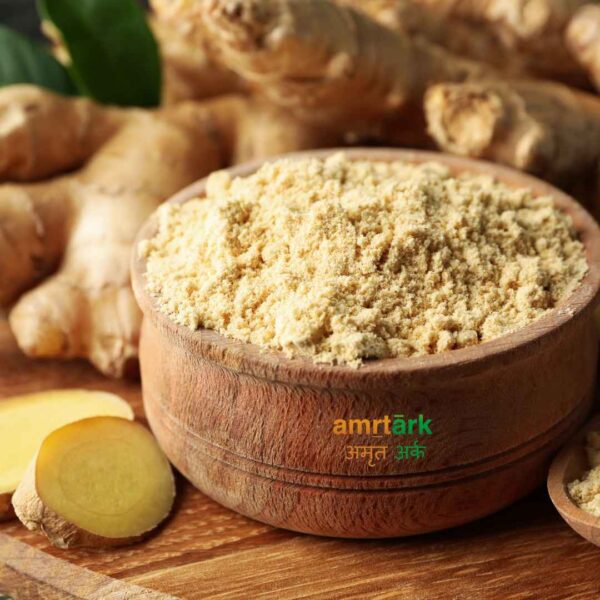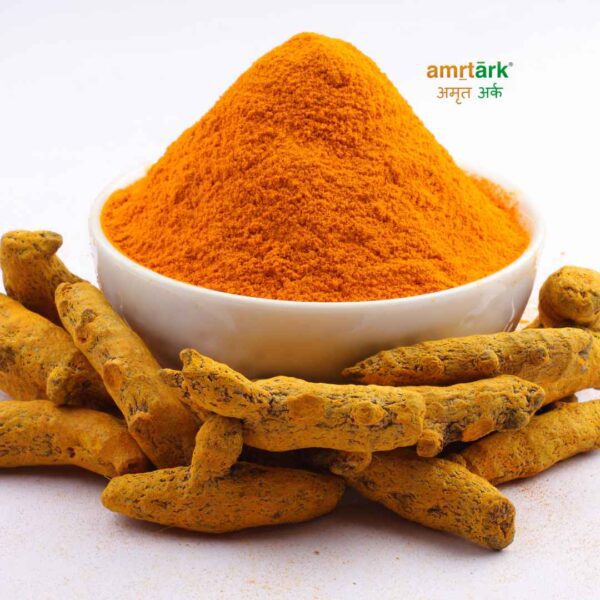Description
Tulsi (Ocimum tenuiflorum / Ocimum sanctum) – Holy Basil
Tulsi, commonly known as Holy Basil, is a sacred herb in India with deep-rooted significance in Ayurveda and traditional medicine. Scientifically named Ocimum tenuiflorum or Ocimum sanctum, Tulsi is revered not only for its spiritual importance but also for its potent medicinal properties. The word “Tulsi” means “the incomparable one” in Sanskrit, reflecting its extraordinary place in health and wellness practices for centuries.
Botanical Characteristics
- Common Names: Tulsi, Holy Basil, Sacred Basil
- Scientific Name: Ocimum tenuiflorum, Ocimum sanctum
- Family: Lamiaceae (Mint family)
- Appearance: Tulsi is a small, aromatic perennial shrub with oval-shaped leaves that can vary in color from green to purple. The plant produces small, purple or white flowers and grows in tropical and subtropical climates.
Varieties of Tulsi
There are different types of Tulsi, each with its own distinct properties:
- Rama Tulsi (Green Tulsi): Has green leaves and is the most commonly used variety in India.
- Krishna Tulsi (Purple Tulsi): Characterized by purple leaves and a more peppery, intense flavor.
- Vana Tulsi (Wild Tulsi): Grows in the wild and is less commonly cultivated.
Active Compounds and Nutrients
Tulsi is a rich source of essential nutrients and bioactive compounds that contribute to its numerous health benefits. Key constituents include eugenol, ursolic acid, rosmarinic acid, lutein, and apigenin. These compounds give Tulsi its potent antioxidant, anti-inflammatory, antimicrobial, and adaptogenic properties.
Tulsi contains:
- Vitamins: A, C, K
- Minerals: Calcium, Iron, Zinc, Potassium, Magnesium
- Antioxidants: Polyphenols, Flavonoids
Health Benefits of Tulsi
- Adaptogen and Stress Relief: Tulsi is considered a powerful adaptogen, helping the body adapt to stress and anxiety. It regulates cortisol levels, calms the nervous system, and promotes mental clarity, making it an effective remedy for emotional and physical stress.
- Immunity Booster: Tulsi is known for enhancing the immune system. Its antioxidant and antimicrobial properties help the body fight infections, reduce inflammation, and improve the body’s resilience to diseases.
- Respiratory Health: Tulsi has long been used to treat respiratory conditions such as asthma, bronchitis, colds, and coughs. Its expectorant and anti-inflammatory properties help clear the respiratory tract and reduce congestion. Tulsi tea is often consumed for relief from respiratory infections.
- Anti-inflammatory and Antioxidant: Tulsi has potent anti-inflammatory properties, which help reduce inflammation in the body, making it beneficial for conditions such as arthritis and inflammatory skin disorders. Its rich antioxidant content helps neutralize free radicals and protect against oxidative stress.
- Heart Health: Tulsi supports cardiovascular health by reducing cholesterol levels, improving circulation, and maintaining healthy blood pressure. Its antioxidant properties also help in preventing heart disease by protecting the heart tissues from oxidative damage.
- Blood Sugar Regulation: Research suggests that Tulsi may help regulate blood sugar levels and improve insulin sensitivity, making it beneficial for people with type 2 diabetes.
- Skin and Hair Care: Due to its antibacterial and antifungal properties, Tulsi is commonly used to treat skin conditions like acne, eczema, and fungal infections. It helps detoxify the skin, promote a clear complexion, and soothe irritated skin. Tulsi oil is also applied to the scalp to promote healthy hair growth and reduce dandruff.
- Oral Health: Tulsi is known for its antimicrobial effects on oral pathogens. It helps in maintaining oral hygiene by preventing bad breath, reducing plaque, and combating gum disease.
- Digestive Health: Tulsi is beneficial for digestion and helps relieve indigestion, bloating, and gas. Its anti-inflammatory and antimicrobial properties also protect the stomach lining, making it useful in treating stomach ulcers.
Spiritual and Religious Significance
In Hinduism, Tulsi is considered a sacred plant, often grown in homes and temples as a symbol of purity and devotion. It is associated with Lord Vishnu and is worshipped daily for its protective and healing qualities. Tulsi leaves are often used in religious rituals and ceremonies, and its presence in homes is believed to purify the environment and promote positive energy.
Traditional Ayurvedic Uses
In Ayurveda, Tulsi is considered a Sattvic herb, meaning it promotes clarity of mind, spiritual growth, and positive energy. It is used in many Ayurvedic formulations for:
- Balancing Kapha and Vata doshas
- Treating coughs, colds, and respiratory issues
- Promoting longevity and overall vitality
Tulsi is often consumed as a herbal tea or infused with honey for its immunity-boosting and calming effects. It is also used as a tonic to purify the blood, detoxify the body, and improve digestion.
Modern Uses and Forms
Tulsi is available in several forms:
- Tulsi Tea: Made from dried Tulsi leaves, Tulsi tea is popular for its calming and stress-relieving effects.
- Tulsi Powder: Used in Ayurvedic formulations or mixed into smoothies and drinks for health benefits.
- Tulsi Oil: Extracted from the leaves, Tulsi oil is used for its medicinal, skincare, and aromatherapy properties.
- Tulsi Capsules/Tablets: Standardized extracts are taken as supplements for overall health and immunity.
Side Effects and Precautions
Tulsi is generally safe for most people when used in moderation. However, it may have mild blood-thinning properties, so individuals taking anticoagulants or with bleeding disorders should consult a healthcare provider before using Tulsi. Pregnant or breastfeeding women should also seek medical advice before consuming Tulsi.

